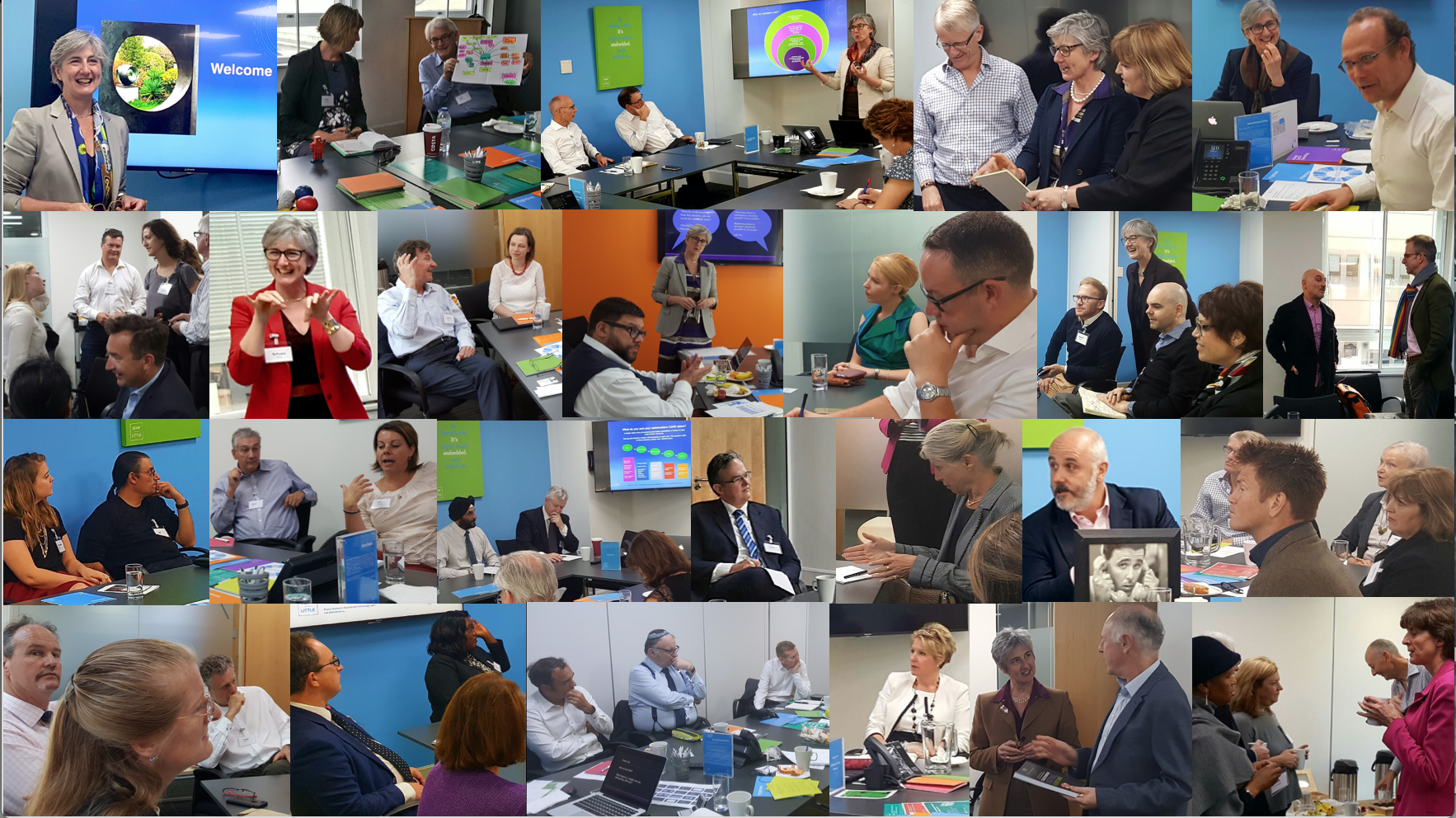“I think it’s incumbent on a CEO to not just listen to points of view but to actually solicit them. Because I think, if not, you quickly become insular. And you’re sort of living in the echo chamber.” Tim Cook, Apple CEO
Cook’s advice is relevant to all key decision makers in public, private and family businesses. Peer Advisory Circles address the needs for impartial advice, new solutions and professional development. They leverage collective wisdom and experience to accelerate problem solving. They also provide support, actions, accountability and commitment to improve your business and personal life.
Being a leader, business owner or entrepreneur is lonely:
Peer Advisory Circle members report that they value hearing the business challenges their peers have faced and how they overcame them. By sharing their stories the participants come to recognise that they are not alone in facing challenges. This enables them to feel validated. It also encourages them to tackle their own issues and to make modifications to the strategies shared to suit their specific business circumstances.
Diversity of Perspective, clarity and new solutions:
Depending on the size and type of your business you will have Executive and Non-Executive Boards to oversee operations and governance. They provide a source of counsel and direction. Yet sometimes the members of these Boards operate from a perspective of “the way we do things around here.”
They may have vested interests and may be posturing for their preferred option. They also have individual reputations to maintain. Sometimes other members of your Executive team may be nipping at your heels to take on your role. Hence their advice may not be impartial or free from political influences.
To maximise the potential of getting impartial and more creative ideas to handle your business challenges, like Tim Cook, you need to speak to outsiders in non-competing businesses.
Knowing yourself is key to business performance:
When I was an equity analyst and fund manager I observed companies that failed due to external factors such as changes in technology, consumer preferences, cost structures etc. However, for the most part, companies failed or underperformed due to their leaders.
For example, the leaders of unsuccessful companies, had blind spots and weren’t open to diverse perspectives, did “more of the same” to address new challenges and didn’t engage their multiple stakeholders.
Jim Collins provides similar accounts in his seminal book Good to Great. Raj Sisodia, David B. Wolfe and Jag Sheth go further in Firms of Endearment to demonstrate that leaders who have a sense of Passion, Purpose, Values and Emotional Intelligence create cultures that generate and sustain superior profits.
The starting point of sustainable business success is the leaders’ self-awareness. Learning, feedback and coaching enable leaders to be more flexible and to have more effective conversations with their stakeholders. The outcomes are greater understanding, commitment, collaboration and improved results.
Dedicated time to focus on your business challenges:
Faced by the multiple demands of running a business you can become overwhelmed. To refresh and energise you need to set boundaries on the time you spend with your colleagues and employees etc. By dedicating time away from your desk, firefighting the day- to-day tasks, and drawing on the collective wisdom of a regular Peer Advisory Circle meeting you can reflect on the bigger issues that impact your strategy. In essence you “take time to make time.”
Feedback, Accountability and Support:
By becoming a member of a Peer Advisory Circle you learn from the multiple perspectives, experiences and advice you receive and give. However, the meetings are not simply a “gab fest”. You commit to taking action and declare a date to complete it. The executive coach and peers give you feedback, keep you accountable and offer you support.
The Power of Connection:
Consistently working with your peers you develop a level of trust and connection that creates valuable relationships and new opportunities.
Create you own or join an expertly Facilitated Circle?:
You may already know many successful business people and senior executives. If you meet them one-on-one it is time consuming and takes lots of cups of coffee to get the guidance you require. Or if you want to create your own Circle that too takes a lot of time and administration to organise regular group meetings, venues, speakers and other resources.
Also whilst you may get on with potential advisors individually, bringing them together may not be productive unless you have the expert facilitation skills to manage egos, diverse backgrounds and experiences and can create the trust necessary to leverage their collective wisdom.
If you are curious attend a complimentary Taster Peer Advisory Circle facilitated by Sylvana Caloni. Register at https://sylvanacaloni.com/peer-advisory-circle/ or call me on 07952 068133 to discuss if this would be a good fit for you.
Resources:
You Grew your Startup, Now build your Advisory Board
8 Steps to Creating an Effective Advisory Board

